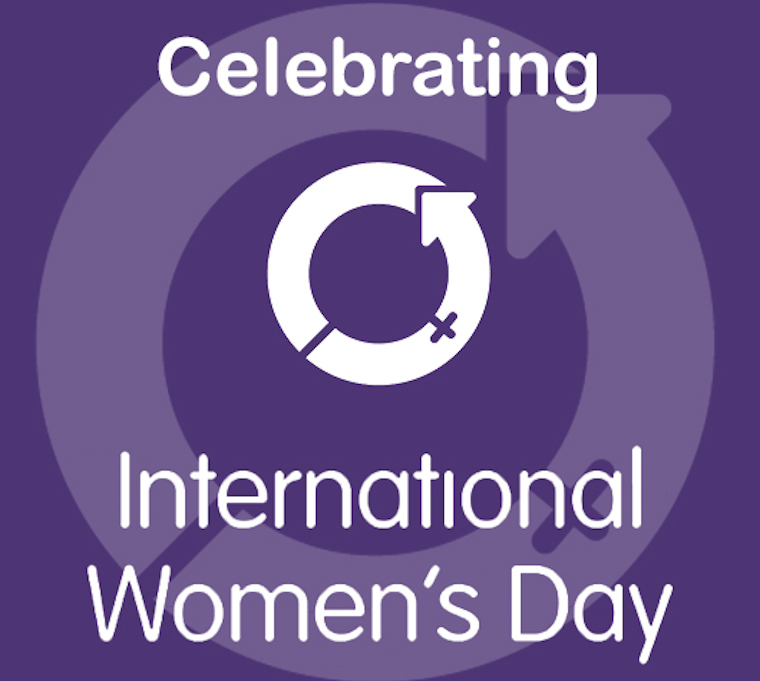March is Women’s History Month, and March 8 is International Women’s Day, a day recognized globally since 1911. The ACGME joins the global community in honoring the social, economic, cultural, and political achievements of women and shining a light on issues of inequity and discrimination. The 2021 theme for International Women’s Day is “Choose To Challenge,” highlighting that challenge is a catalyst for change. In recognition of their achievements, we are taking a brief retrospect of women in medicine and challenging the community to identify where YOU can #ChooseToChallenge and increase gender parity in graduate medical education.
Women have always been vital to the development and advancement of healing. In ancient cultures around the world, female healers were commonplace and active. In the western tradition from which modern American medicine originated, women were able to earn the title of physician; in ancient Greece (200-400 CE), physician Metrodora wrote the earliest medical text known to be written by a woman: “On the Diseases and Cures of Women.” In ancient Rome, women’s medical and healing practices were as renowned as any male’s.
But after the fall of Rome, the rise of Germanic tribes, and increased distrust of women by the early church, women practiced medicine much less publicly, either at home or within the safety of religious orders. One exception was the school of medicine in Salerno, Italy, which melded ideas from Roman, Greek, Jewish, and Arab cultures, and continued to accept women as students. Still, after completing education at Salerno, securing a position as a physician remained difficult.
It took nearly 500 years, until the 19th century, for women to slowly regain access to the formalized medical community. Elizabeth Blackwell, MD became the first woman in the US to receive a Doctor of Medicine degree in 1849. Despite this achievement, she was denied attending privileges at hospitals, eventually practicing out of her own home, and founding the New York Infirmary for Women and Children, the first hospital in the US staffed by women. In 1864, Rebecca Lee Crumpler became the New England Female Medical College’s only African American graduate (the school closed its doors in 1873) and the first African American woman physician in the country, first practicing in Boston and then in Virginia following the Civil War to care for recently freed former slaves.
Following the publication of the Flexner Report, a review of American medical education published in 1910 that evaluated medical schools and gave rise to the philosophies of academic medicine still used today, many medical schools closed. While the report is credited with doing much to standardize the practice of medicine, the closure of so many schools severely limited the number of options available to women who wanted to be physicians. This limited access continued until the 1970s, when the rise of feminism radically changed how schools and residency/fellowship programs viewed female applicants and the numbers of accepted women increased dramatically.
Today, 45.1 percent of all residents and fellows are women (65,382), up 12 percentage points and nearly 22,000 individuals from 2007.
The distribution of those women physicians, however, remains uneven. Women make up a significant portion of the residents and fellows in obstetrics and gynecology (83.5 percent) and pediatrics (69.5 percent), but their representation in surgical fields remains low, although large shifts have been made in the number of women studying general surgery (42 percent in 2019 up from 27 percent in 2007), and plastic surgery (42 percent in 2019 up from 22 percent in 2007). While the number of women in other surgical specialties (orthopaedic surgery and neurological surgery in particular), increased in those same 12 years, women still account for less than 20 percent of the residents in those specialties.
You can find more information and review additional statistics in the ACGME’s annual Data Resource Book.
So today, and every day, the ACGME urges the community to #ChooseToChallenge the status quo and look for ways to increase equity in medicine across specialties. It is those who historically questioned existing norms and pursued pathways in medicine previously reserved for or dominated by men who made the differences we see in the field today. Do not be afraid to challenge historical inequities. Speak up for injustice when it’s encountered and much like Drs. Blackwell and Crumpler, follow your heart and your interests. The ACGME supports women trailblazers and all those speaking up for what they know is right.

